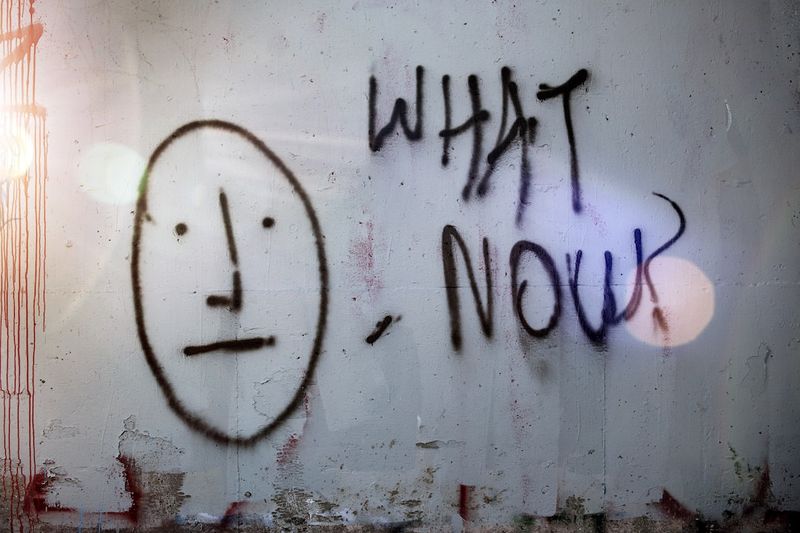Rep. George Santos Pleads Not Guilty to Fraud Charges
Santos Faces Additional Charges
Rep. George Santos of New York pleaded not guilty on Friday to charges contained in a superseding indictment. The indictment accuses Santos of stealing people’s identities, making unauthorized charges on his donors’ credit cards, and lying to federal election officials. The trial is set to begin on September 9, 2024, and is expected to last three weeks.
The 23-count superseding indictment, filed earlier this month, includes charges of wire fraud, making false statements to the Federal Election Commission (FEC), falsifying records to obstruct the FEC, aggravated identity theft, and access device fraud, according to the United States Attorney’s Office in the Eastern District of New York.
This follows the earlier indictment of Santos’ former campaign finance chief, Nancy Marks. Prosecutors allege that they enlisted 10 family members without their knowledge to donate to the campaign, giving the impression that Santos had sufficient support to qualify for party funds. The charges also allege that Santos falsely claimed to have lent his campaign $500,000 when he only had $8,000 on hand.
Keeping His Lawyer Amid Potential Conflict of Interest
Santos has chosen to keep his lawyer, Joe Murray, despite a potential conflict of interest involving others associated with the case. This decision could raise questions about impartiality and the potential challenges that may arise in the defense strategy. However, it is essential to note that attorneys have an ethical duty to provide competent and diligent representation, regardless of the client’s circumstances or the complexities of the case.
Implications and Consequences
The charges against Santos are substantial and include serious offenses such as identity theft, wire fraud, and making false statements to federal agencies. If convicted, Santos could face severe penalties, including substantial fines and imprisonment.
For a sitting member of Congress to face such charges is not only a legal matter; it also raises questions about integrity, trust, and accountability in public office. The role of elected representatives is to serve the interests of their constituents with honesty and adherence to the law. The allegations against Santos strike at the core of the public’s trust in their elected officials.
If found guilty, Santos would not only face legal consequences but also severe damage to his reputation and political career. The impact may extend beyond Santos himself and raise questions about the integrity of the broader political system. It is crucial for the legal system to address such allegations promptly and fairly to maintain public confidence in the rule of law.
Trial Anticipation
A Three-Week Trial Ahead
The trial for Rep. George Santos is scheduled to begin on September 9, 2024, and is anticipated to last three weeks. During this time, both the defense and the prosecution will present their cases to a jury, and the evidence will be examined, arguments made, and witnesses questioned.
Philosophical Considerations
While the legal process moves forward, it is necessary to consider the broader philosophical questions that this case presents. Instances of alleged corruption and fraudulent behavior among elected officials call into question the very nature of power and responsibility in democratic societies.
This case raises concerns about the ethical behavior of politicians and the potential conflicts of interest that may influence decision-making processes. It also highlights the critical role of transparency, accountability, and effective oversight mechanisms in maintaining the integrity of democratic institutions.
The Need for Ethical Leadership
The Santos case serves as a reminder of the importance of ethical leadership and the need for elected representatives to act as custodians of public trust. When public officials engage in fraudulent activities, it erodes the very foundation of democracy and undermines faith in the institutions designed to serve the public good.
It is crucial for politicians to not only understand the legal boundaries but also embrace moral principles in their actions and decision-making. Ethical leadership demands transparency, honesty, and the genuine desire to serve the interests of the people they represent.
Editorial: Upholding Public Trust and Strengthening Democracy
A Call for Accountability
The charges against Rep. George Santos are serious and should not be taken lightly. As a representative elected to serve the people, Santos held a position of trust and responsibility. The allegations of fraud and deceit shake the very foundation of the democratic system.
It is crucial for the justice system to thoroughly investigate these charges and hold those responsible accountable for their actions. This case should be an opportunity to reaffirm the principle that no one, regardless of their position or power, is above the law.
Lessons for the Political Sphere
The Santos case also serves as a reminder that there is an urgent need for comprehensive campaign finance reform and enhanced oversight mechanisms within the political realm. By strengthening transparency and accountability, we can minimize the potential for corruption and fraudulent activities.
Moreover, it is incumbent upon political parties and the public to scrutinize the individuals they support and ensure that those seeking public office have a demonstrable commitment to integrity and ethical behavior.
A Call for Civic Engagement
The Santos case should serve as a rallying call for heightened civic engagement. Active participation in the political process and holding politicians accountable can help prevent and address instances of corruption and fraud.
The public must remain vigilant, demand transparency, and actively participate in elections to ensure that individuals of the highest ethical standards are chosen to represent communities and uphold the democratic principles we hold dear.
Conclusion: Rebuilding Trust and Moving Forward
The charges against Rep. George Santos are deeply concerning and raise profound questions about the integrity of our political system. As this trial begins and the evidence is presented, it is an opportunity for our justice system to reaffirm its commitment to fairness and accountability.
Ultimately, the resolution of this case will shape not only the future of Rep. George Santos but also our collective belief in the power of democracy. It is our responsibility as citizens to engage, demand better, and rebuild trust in the institutions that serve us all.

<< photo by Life Matters >>
The image is for illustrative purposes only and does not depict the actual situation.




